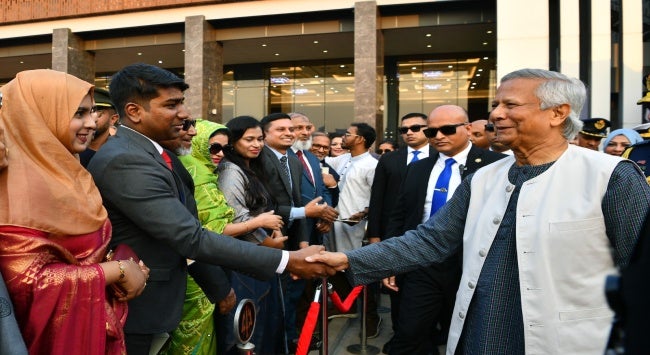
| Title: | Bangladesh’s Uneasy Transition: Legal Hurdles, the Awami League and the Question of Reform |
| Author/s: | Imran Ahmed |
| Abstract: | Although three months have passed since the interim government assumed office, questions persist about its purpose, capacity and potential impact. Many of the challenges the interim government faced in the wake of Sheikh Hasina’s departure appear to remain unsettled. The government has emphasised the importance of implementing reforms before moving toward elections. However, whether it can effectively carry out these changes in time and whether these changes will endure once electoral politics resume remain open questions. |
| Date: | 25 November 2024 |
| Read More |
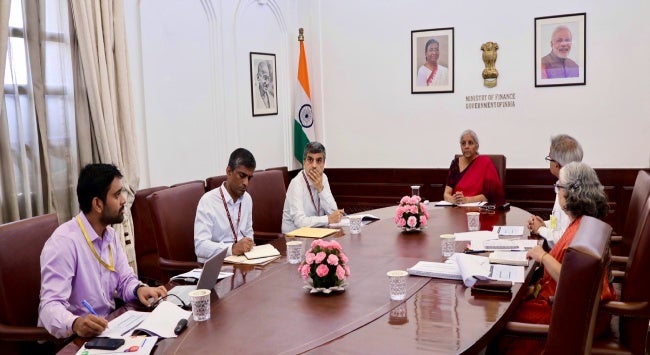
| Title: | India’s Public Investment-led Approach to Economic Growth: Reflections on Outcomes and Future Prospects |
| Author/s: | Amitendu Palit, Divya Murali |
| Abstract: | Since the outbreak of the COVID-19 pandemic, India has been prioritising a public investment-led approach to sustaining demand and high economic growth. The approach did produce expected outcomes in the years right after the pandemic, as is evident from the strong recovery of the Indian economy. Subsequently, however, budgeted capital outlays have been showing underutilisation with actual capital expenditure falling short of budgeted amounts. This has raised attention on whether the economy is able to create enough absorptive capacity for high public investments, by attracting enough private investments, both domestic and foreign. This insight paper explores the trends in India’s economic recovery through public and private investments since the beginning of the current decade and argues that more effective utilisation of public funds requires private investments to be drawn in through effective public-private partnerships. Successful examples of the latter must be demonstrated for further growth of such collaborations. |
| Date: | 19 November 2024 |
| Read More |
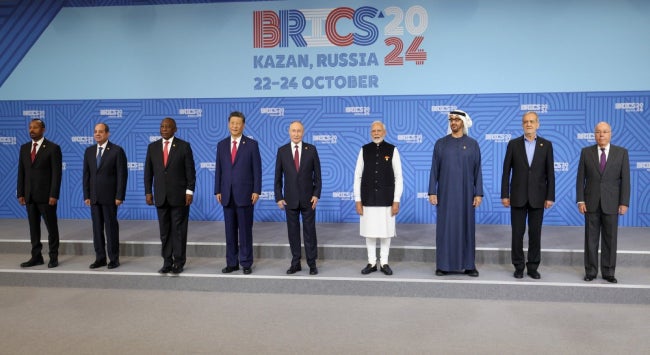
| Title: | India’s Role in the BRICS: Navigating the Balance in a Changing World |
| Author/s: | Diego Maiorano, Kanika Kaur |
| Abstract: | In recent years, the BRICS group (Brazil, Russia, India, China and South Africa) has emerged as a prominent political force among the major emerging economies, seeking to reshape global governance and offer an alternative to western-dominated institutions like the International Monetary Fund, the World Bank and the United Nations (UN) Security Council. Established in 2009, the BRICS sought to amplify the voices of emerging economies. The bloc expanded in 2023 to include Egypt, Ethiopia, Iran, Saudi Arabia and the United Arab Emirates. Leaders of 36 countries, including the UN Secretary-General, attended the recent BRICS Summit, signalling global interest in the BRICS core objectives. These include reforming global governance, reducing reliance on the United States dollar and creating alternative financial mechanisms for the Global South. However, despite its ambitious goals, the BRICS faces significant challenges in achieving consensus on substantive matters, especially as its diverse membership brings different priorities. This paper explores India’s role within the BRICS, examining how it balances this membership alongside other strategic alliances and how it safeguards its national interests. |
| Date: | 13 November 2024 |
| Read More |
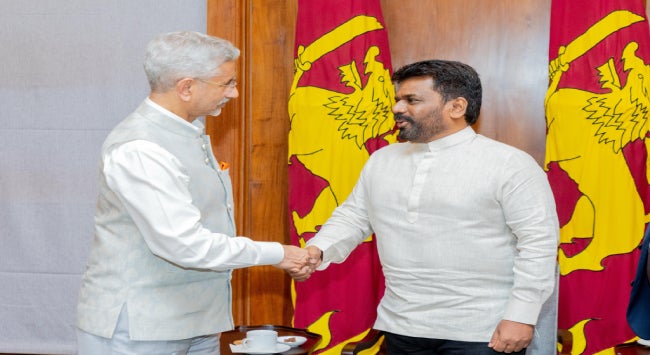
| Title: | A New President in Sri Lanka: Ties with India and China |
| Author/s: | Diotima Chattoraj, Roshni Kapur |
| Abstract: | This paper examines the foreign policy, geopolitical and economic implications of Anura Kumara Dissanayake’s presidency in Sri Lanka, following the recently held presidential election amid the crisis-recovery period. This paper also highlights his focus on the country’s sovereignty, anti-corruption measures and economic recovery, particularly navigating relationships with India and China. By analysing Dissanayake’s political ideology and past statements, this paper discusses the potential foreign policy shifts primarily between New Delhi and Beijing, emphasising the need for a balanced approach to stabilise Sri Lanka while addressing domestic challenges like inflation and corruption. This paper also offers insights into how Dissanayake’s leadership might influence Sri Lanka’s strategic positioning in the Indian Ocean and its interactions with multilateral institutions, stressing the role of pragmatic diplomacy for economic growth and regional cooperation. |
| Date: | 25 October 2024 |
| Read More |
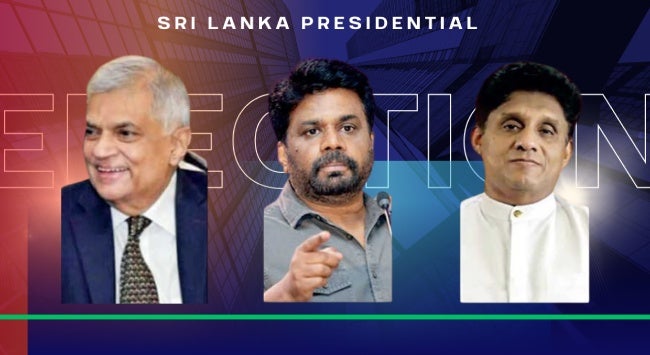
| Title: | Sri Lanka Election 2024: Key Political Candidates and Campaigns |
| Author/s: | Rajni Gamage, Kanika Kaur |
| Abstract: | In the 2024 presidential election in Sri Lanka, the three leading candidates are current president, Ranil Wickremesinghe, Sajith Premadasa and Anura Kumara Dissanayake. This is the first election since the 2022 economic crisis and ensuing mass street protests. In the lead-up to the 21 September 2024 election, the key candidates have launched their presidential manifestos which articulate their positions on key economic and political issues. |
| Date: | 11 September 2024 |
| Read More |
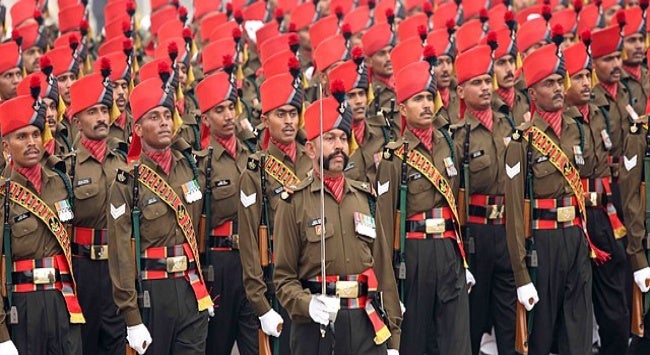
| Title: | India and Use of Force in International Politics: Before and After Modi |
| Author/s: | Yogesh Joshi, Paarth Endlaw |
| Abstract: | India’s evolving approach to the use of force in international relations reflects a significant shift towards a more assertive stance under Prime Minister Narendra Modi. As a rising power, India’s decisions on the use of force have profound implications for both regional stability in South Asia and the broader geopolitical landscape of the Indo-Pacific. This paper examines how India’s military strategy has transformed at strategic, conventional and sub-conventional levels, driven by a combination of increased state capacity, a changing international context and strong leadership commitment. Understanding this transformation is essential for assessing India’s role in shaping global stability and responding to emerging security challenges. |
| Date: | 6 September 2024 |
| Read More |
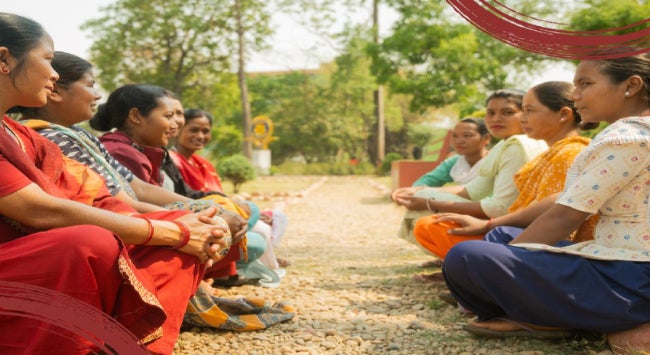
| Title: | The International Development Association Meets in Nepal: Will it Help Finance South Asia Combat Climate Change Mitigation? |
| Author/s: | Vinod Rai, Partha Pratim Mitra |
| Abstract: | The third replenishment meeting of the International Development Association was held in Kathmandu, Nepal, in June 2024. The meeting formulated strategies for future support to low-income countries. The discussions were around providing concessional loans, policy frameworks, outcome blueprints and financial commitments for the next three years for low-income countries. |
| Date: | 28 August 2024 |
| Read More |
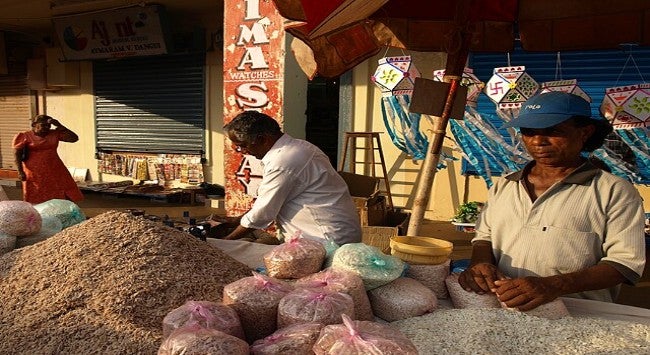
| Title: | India’s Rice Export Restrictions: South Asian Import Issues |
| Author/s: | Puspa Sharma, Swadhi Karthikeyan |
| Abstract: | India has introduced restrictions on rice exports for a variety of reasons. This has impacted many countries in South Asia, where rice is a staple, and which imports rice mainly from India. In the context of the factors cited for the imposition of the restrictions, the future of rice exports from India looks bleak. However, this can be addressed through effective cooperation among the South Asian countries. |
| Date: | 31 July 2024 |
| Read More |

| Title: | The BJP Debacle in Uttar Pradesh |
| Author/s: | Ronojoy Sen, Raghaw Khattri |
| Abstract: | The 2024 Indian general elections saw the Bharatiya Janata Party (BJP)-led National Development Alliance’s (NDA) seat share plummet in Uttar Pradesh and a resurgence of the Samajwadi Party (SP)-led alliance. The SP alliance, which included the Congress, successfully consolidated support from the Scheduled Castes, Other Backward Classes (OBCs), including the Yadavs, and the Muslims, while the NDA retained its social base of upper castes and some OBCs. Key issues like inflation, unemployment and dissatisfaction with local members of parliament contributed to the erosion of the BJP’s support. |
| Date: | 19 July 2024 |
| Read More |
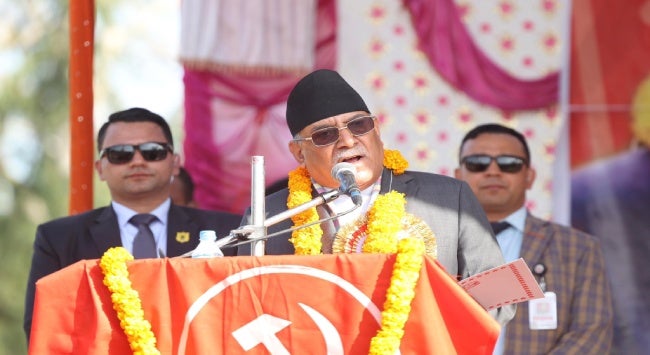
| Title: | A New Coalition in Nepal: Implications for Domestic and Foreign Policies |
| Author/s: | Amit Ranjan, Kamal Dev Bhattarai |
| Abstract: | In the last one year, Nepal has had three coalition governments. Under the current coalition, comprising the Communist Party of Nepal (Maoist Centre), the Communist Party of Nepal-Unified Marxist Leninists and several fringe parties, the current command of the government remains with Prime Minister Pushpa Kamal Dahal. The two large partners had an uneasy coalition in the past. Therefore, the question of their future remains pertinent. |
| Date: | 20 May 2024 |
| Read More |
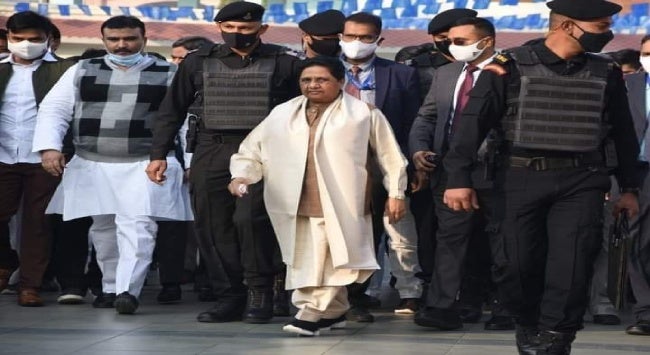
| Title: | Shifting Identity Politics: The Dalit Move toward the BJP in Uttar Pradesh |
| Author/s: | Sudha Pai |
| Abstract: | Identity politics played a significant role in mass and electoral politics in Uttar Pradesh during the 1990s, due to a strong wave of Dalit assertion and the dominance of the Bahujan Samaj Party. However, in the 2000s, important changes have taken place, which have affected electoral politics, particularly since 2014. How do we understand the changed Dalit political landscape, and how and why has identity politics undergone a change in the last decade, particularly in the context of the rise of right-wing hegemony? |
| Date: | 9 May 2024 |
| Read More |
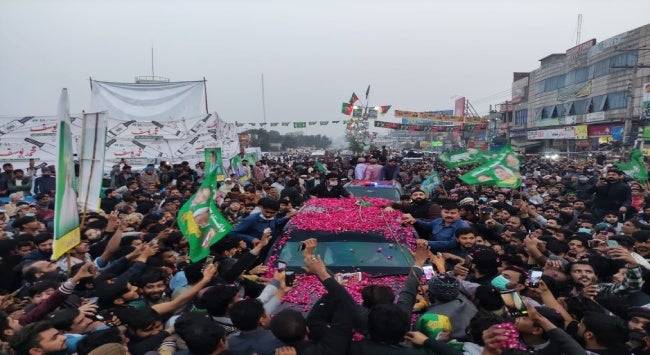
| Title: | Power, Politics and Patronage: Pakistan’s Post-Election Coalition |
| Author/s: | Imran Ahmed, Muhammad Saad Ul Haque |
| Abstract: | This paper provides a concise overview of Pakistan’s recent coalition government formation and cabinet composition. It examines the details and context of the collaboration between the Pakistani Muslim League-Nawaz, the Pakistani Peoples Party and other smaller parties. The paper also outlines the distribution of ministerial roles and the strategic manoeuvres of key political players. It also offers insights into the nation's evolving political landscape. |
| Date: | 3 May 2024 |
| Read More |
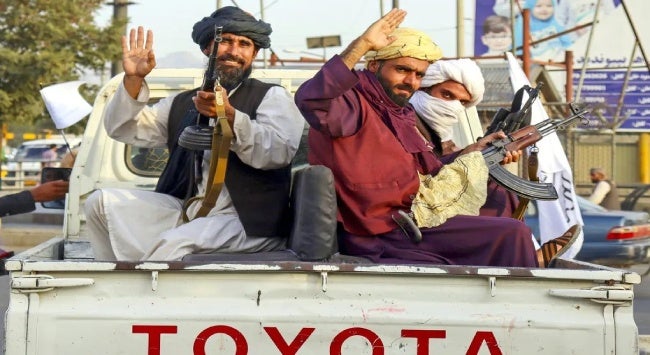
| Title: | Responding to the Taliban’s Diplomacy for International Recognition |
| Author/s: | Vinay Kaura |
| Abstract: | This paper examines the political dynamics of the Taliban’s diplomacy aimed at gaining international recognition as the legitimate government of Afghanistan. The Taliban’s uncompromising stance towards women’s rights and inclusiveness has proved to be the biggest hurdle in the way of their international recognition. Based on their political values and long-term foreign policy goals in the region, a divergent group of countries are adopting different approaches towards engagement with the Taliban. This paper argues for a flexible approach towards the Taliban regime, in which it can be engaged in a variety of ways short of full diplomatic recognition. |
| Date: | 2 May 2024 |
| Read More |
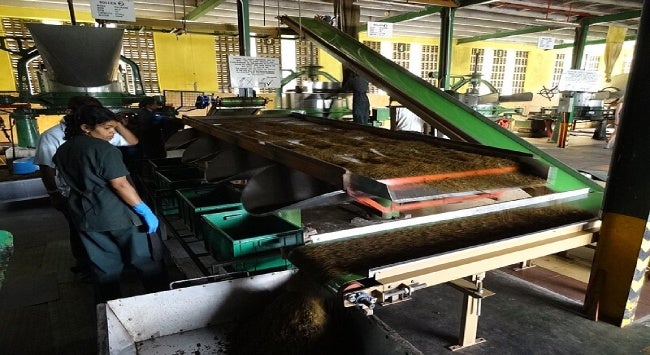
| Title: | Post-Economic Crisis Reforms in Sri Lanka: Comparative Insights from India |
| Author/s: | Rajni Gamage, Raghaw Khattri |
| Abstract: | This insight examines some of the key reforms since the 2022 debt default in Sri Lanka and their impact on democracy in the lead-up to presidential elections in 2024 and parliamentary elections in 2025. Comparative insights are derived from similar reform processes ongoing in India, including challenges in their implementation and their broader impact on society and democracy. |
| Date: | 30 April 2024 |
| Read More |
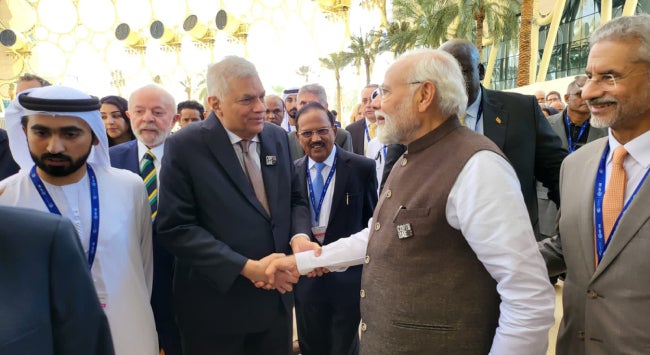
| Title: | Sri Lanka’s 2022 Debt Default Crisis: Geopolitics and Foreign Policy Developments |
| Author/s: | Rajni Gamage, Muhammad Saad Ul Haque |
| Abstract: | Since the 2022 debt default, Sri Lanka has had significant foreign policy and geopolitical developments, marked by a balancing act between the major powers and regional alliances. The country continued to navigate its relationships with traditional bilateral partners such as India, China and the West while also engaging with emerging partners in the Southeast Asian region. Amidst these diplomatic endeavours, managing domestic political interests remains challenging, particularly in light of past ethnic and religious tensions and social instability during the 2022 economic crisis. |
| Date: | 23 April 2024 |
| Read More |
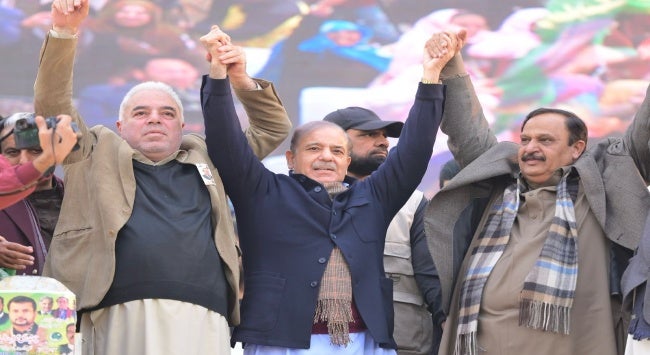
| Title: | Unpacking Pakistan’s 2024 General Elections and the Aftermath |
| Author/s: | Imran Ahmed, Muhammad Saad Ul Haque |
| Abstract: | More than a month after the general elections in Pakistan, the results have left more questions than answers. The allegations of rigging and ‘mandate stealing’, election-day violence and the delay in receiving the official poll results have called into question the reliability of the February 2024 elections and their outcome. Prime Minister Shehbaz Sharif and the Pakistan Muslim League-N led coalition are set to begin their new term at the outset of political and economic instability. Pakistan’s economic challenges, including its heavy reliance on International Monetary Fund and its declining democratic values spotlight grave concerns over the country’s future. |
| Date: | 11 April 2024 |
| Read More |
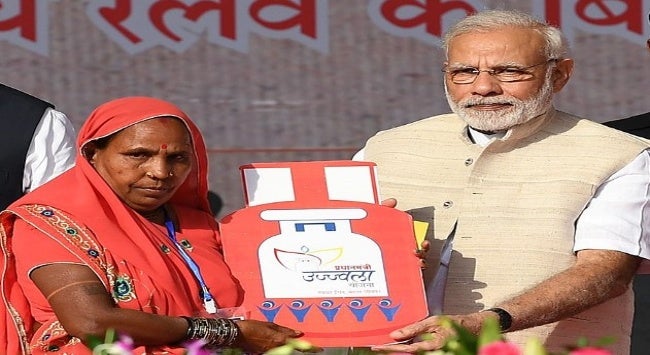
| Title: | Indian General Elections 2024: Impact of Modi’s Welfare Policies |
| Author/s: | Diego Maiorano |
| Abstract: | Indian Prime Minister Narendra Modi made welfare a central part of his political agenda since he came to power in 2014. His government expanded the social safety net, especially programmes which distribute tangible goods, even if schemes providing services (like employment or nutrition) were put on the back burner. Welfare was crucial, on the one hand, to sustain the weaker sections of the population, while the economy, although growing robustly, did not generate many jobs and concentrated at the top of the income scale. On the other hand, welfare implementation was highly centralised and contributed to establishing a direct link between the prime minister and welfare beneficiaries. It is unclear how important issues relating to welfare will be in the forthcoming elections, which will be held from held from 19 April to 1 June 2024. Some evidence suggests that Modi’s popularity trumps economic considerations, and many voters choose the Bharatiya Janata Party irrespective of the party’s economic performance. |
| Date: | 27 March 2024 |
| Read More |
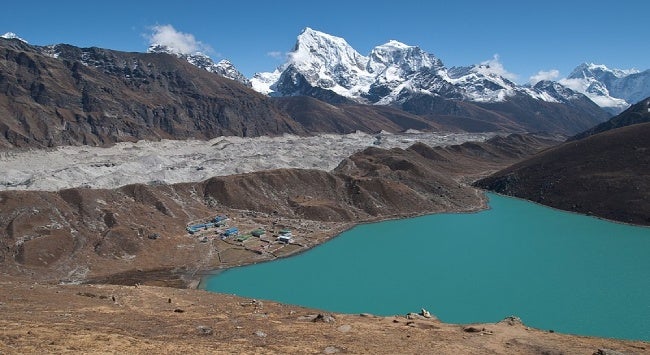
| Title: | The Seminal Importance of the Himalayan “Third Pole” for Climate and Development Governance |
| Author/s: | Tariq Karim |
| Abstract: | The future of the Himalayan region is linked inextricably with three 3C’s – climate, connectivity and community. Of these, perhaps the climate cluster is primus inter pares among them – the other two feed into it as they walk hand in hand, weaving into our lives and existence, and affecting the survivability of not only our planet but also of our own species. |
| Date: | 21 March 2024 |
| Read More |
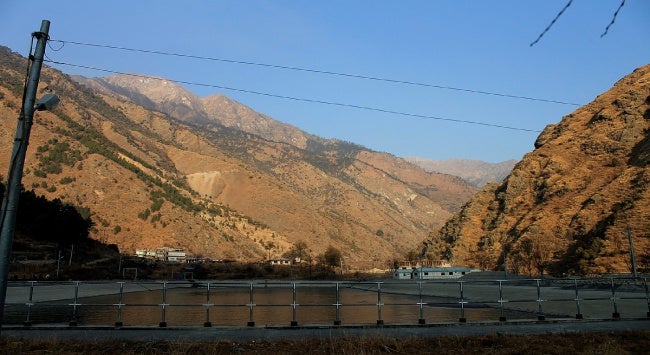
| Title: | Nepal’s Climate Ambitions and Challenges |
| Author/s: | Puspa Sharma |
| Abstract: | To meet its ambitious climate pledge, Nepal’s major focus has been on its hydroelectricity. There are several challenges in Nepal’s overreliance on hydroelectricity. To overcome the challenges, Nepal needs meaningful financial and technical support. |
| Date: | 5 March 2024 |
| Read More |
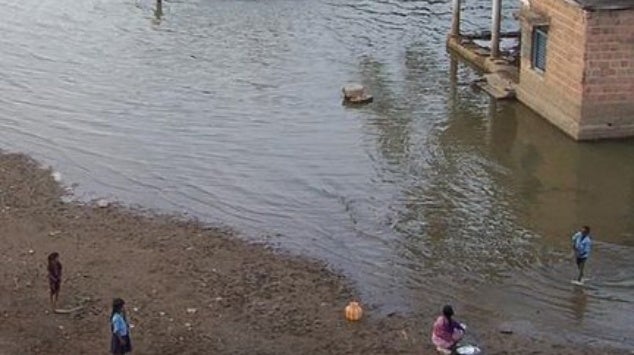
| Title: | Navigating South Asia’s Market-Driven Climate Action |
| Author/s: | Samridhi Pant, Amit Ranjan |
| Abstract: | At the 21st Conference of Parties (COP) in Paris in 2015, the member countries conveyed their efforts on climate change mitigation and adaptation commitments in their Nationally Determined Contributions (NDCs). Some South Asian countries such as Afghanistan, Bangladesh, Bhutan, India, Nepal and Pakistan have considered using market mechanisms under Article 6 of the Paris Agreement to achieve their NDCs. These market mechanisms also gained a footing at the COP28 in Dubai in November-December 2023. Further negotiations on it have been postponed until the COP29 meeting which takes place in 2024 in Baku, Azerbaijan. |
| Date: | 19 February 2024 |
| Read More |
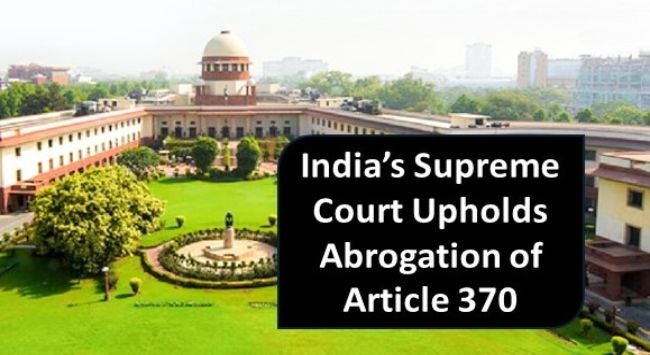
| Title: | Supreme Court of India Upholds Abrogation of Article 370 |
| Author/s: | Vinod Rai |
| Abstract: | A Constitution Bench of the Supreme Court of India unanimously upheld the power of the President to abrogate Article 370 of the Constitution, which, in August 2019, led to the reorganisation of the state of Jammu and Kashmir (J&K) into two Union Territories and denuded it of its special privileges. It held that Article 370 was only a ‘temporary provision’ to ease the accession of the then princely State to the Union at a time of internal strife and war. |
| Date: | 19 January 2024 |
| Read More |
Load more


